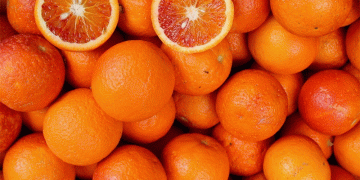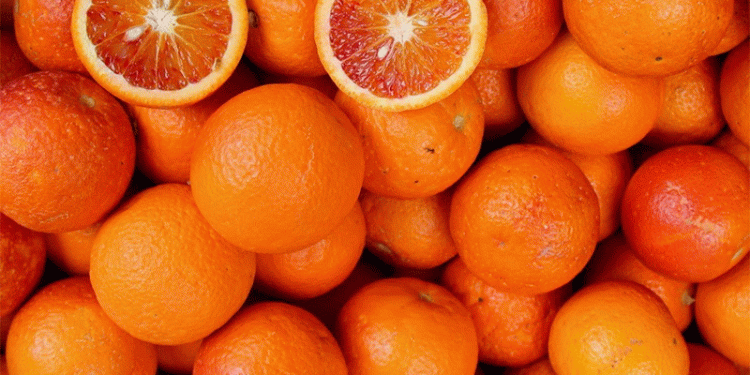As Brazil’s orange harvest approaches, the industry faces an unusual delay in contract signings for the 2025/26 season. According to Fructidor.com, only minimal volumes are currently being traded under previous agreements or spot market deals. The main reason? An anticipated record-breaking harvest.
Bigger Harvest, Later Contracts
Fundecitrus, Brazil’s citrus industry association, projects a harvest of 314.6 million 40.8 kg boxes—a figure exceeding initial expectations. This surplus has led processors and growers to postpone contract negotiations, with deals now expected to be finalized by mid-June.
For context, Brazil dominates the global orange juice market, supplying about 70% of the world’s concentrated orange juice (FCOJ). Any delay in contracts could ripple through international supply chains, affecting prices and availability in key markets like the EU and the U.S.
Quality Over Quantity?
This season’s oranges are showing higher brix levels (sugar content) and better juice yields, meaning fewer fruits are needed to produce the same volume of juice. This efficiency gain is attributed to optimal weather conditions, including balanced rainfall and mild temperatures during key growth phases.
Additionally, most of the harvest will come from the second bloom, meaning large-scale picking will only begin after July. So far, early fruit deliveries have proceeded smoothly, with no major supply disruptions reported.
Market Implications
With global orange juice stocks at historically low levels (USDA 2024), Brazil’s harvest will be critical in replenishing supplies. However, the delay in contracts could lead to short-term price volatility as buyers await clarity on volumes and pricing.
Brazil’s 2025/26 orange season promises higher yields and better-quality fruit, but the industry’s cautious approach to contracts reflects broader market uncertainties. Stakeholders should monitor developments closely, as late agreements could influence global juice prices and trade flows in the coming months.































